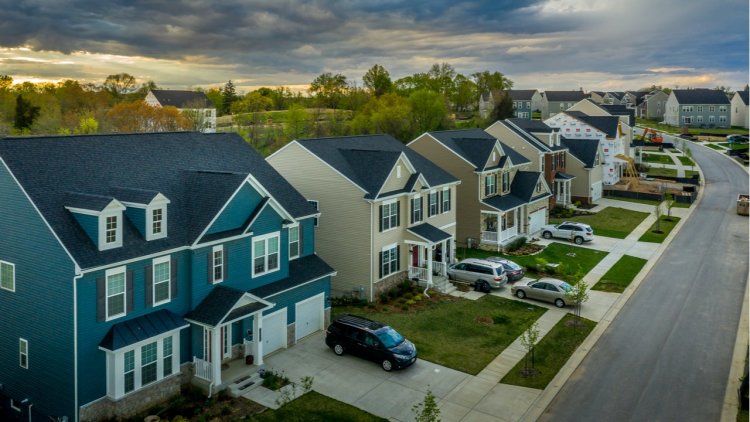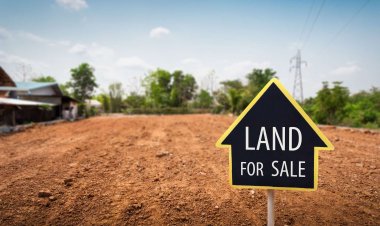Emerging Trends in the Real Estate Sector
The adoption of Blockchain has not only improved the purchasing process but has also played a crucial role in minimizing fraud.

Over the last two decades, the Kenyan real estate sector has experienced substantial growth, as reflected in its increasing contribution to the country's GDP. The share of GDP attributable to real estate rose from 10.5% in 2000 to 12.6% in 2012 and further to 13.8% in 2016.
The real estate industry has been advancing and there have been emerging trends in the industry driven by both investor pursuit of high returns and buyer aspirations for quality products and aspirational lifestyles. The emerging trends are in the following sectors:
Commercial Sector
- Office Space: The Kenyan office sector has expanded in tandem with economic improvement, attracting multinational firms and witnessing a shift in trends. Serviced offices are gaining popularity, and developers are adapting to changing preferences with semi-fitted offices. Green building technology is being embraced to reduce operating costs and create healthier work environments.
- Retail: The retail sector, buoyed by a growing middle class and increased disposable income, has seen a surge in mall space. The country's fast urbanization, coupled with technological advancements, has also facilitated the growth of online shopping.
- Industrial: Similar to the office sector, the industrial segment is undergoing transformation with a demand for high-quality stock. Modern industrial parks such as Tatu City and Industrial Parks are emerging, offering a live, work, and play concept. These parks are strategically located on the outskirts of Nairobi to provide accessibility and proximity to key transportation hubs.
Residential
The residential sector is experiencing high demand, driven by a growing population and an expanding middle class. The focus is on affordable housing and master-planned communities that cater to the live-work-play lifestyle. Developers are increasingly adopting low-cost housing construction methods, such as alternative building technologies.
Land
Land values have risen due to infrastructural development and sustained demand from a growing population. Investors are engaging in land speculation, buying land with the expectation of future value appreciation. Developers are also integrating agribusiness as a value-add to attract buyers, offering returns on a seasonal basis.
Blockchain Technology
Real estate has recently embraced the integration of Blockchain Technology, ushering in a new era of heightened transparency and security for transactions in the industry. The adoption of Blockchain has not only improved the purchasing process but has also played a crucial role in minimizing fraud, offering a reliable means to store property records.
The advantages presented by Blockchain are not confined to the transactional realm alone; they extend to empowering real estate professionals to cultivate trust among both sellers and buyers. Beyond revolutionizing real estate transactions, Blockchain Technology finds application in diverse areas such as property management. It can be harnessed to ensure secure tenant agreements and streamline the process of rent collection. The transformative potential of Blockchain in the real estate sector goes well beyond its initial impact on transactions, creating opportunities for innovation and efficiency across various facets of property management.
Movement from the Urban areas to the rural areas
The shift from major cities to rural areas gained considerable traction throughout the pandemic, and this movement is anticipated to continue into 2024, largely influenced by the impact of inflation. A rising number of individuals, grappling with the escalating costs associated with urban living, are increasingly seeking refuge in suburban locales. The attractiveness of lower tax rates, more budget-friendly housing alternatives, and decreased rental prices in the suburbs serve as a compelling force driving this ongoing trend. Therefore, there may be an increase in the buying of land and more construction in the rural areas.
If you have a real estate press release or any other information that you would like featured on the African Real Estate Blog Post, do reach out to us via email at [email protected]

 Caroline Wanjugu
Caroline Wanjugu 































